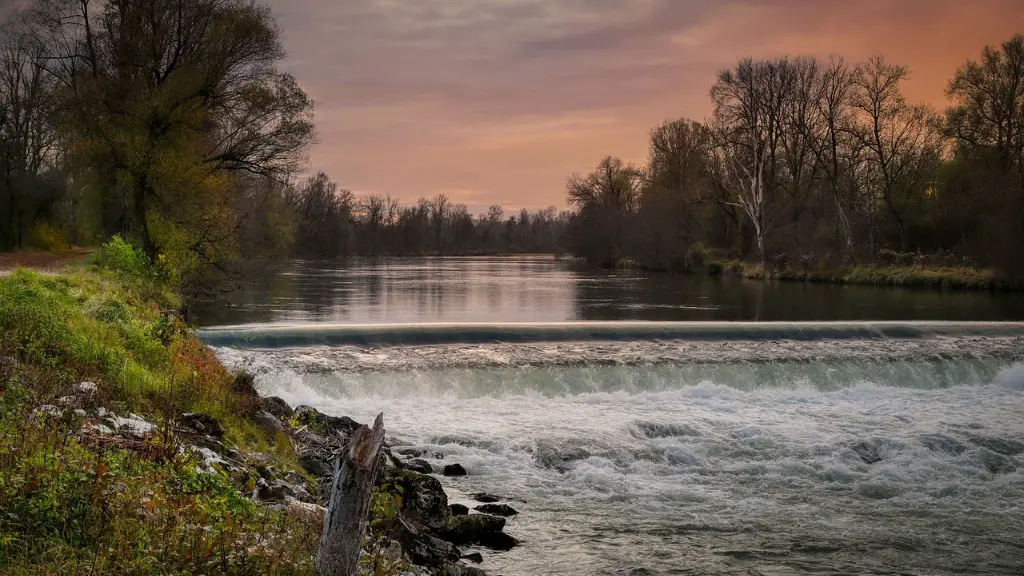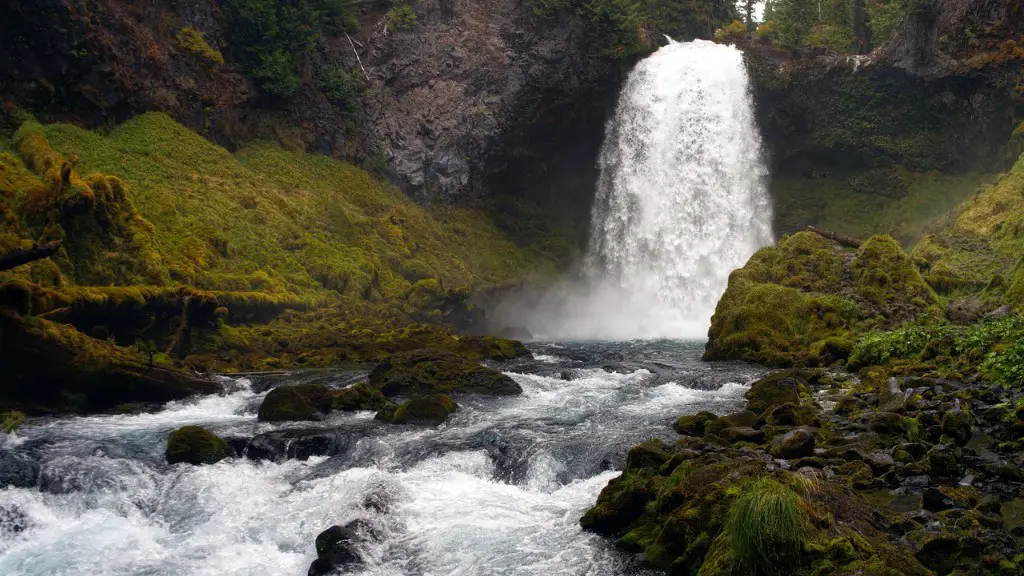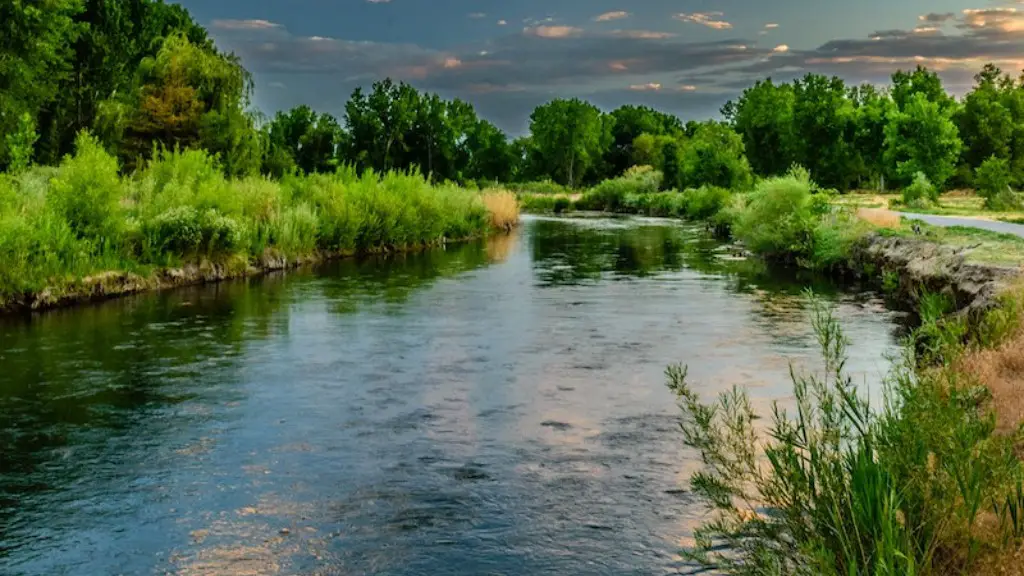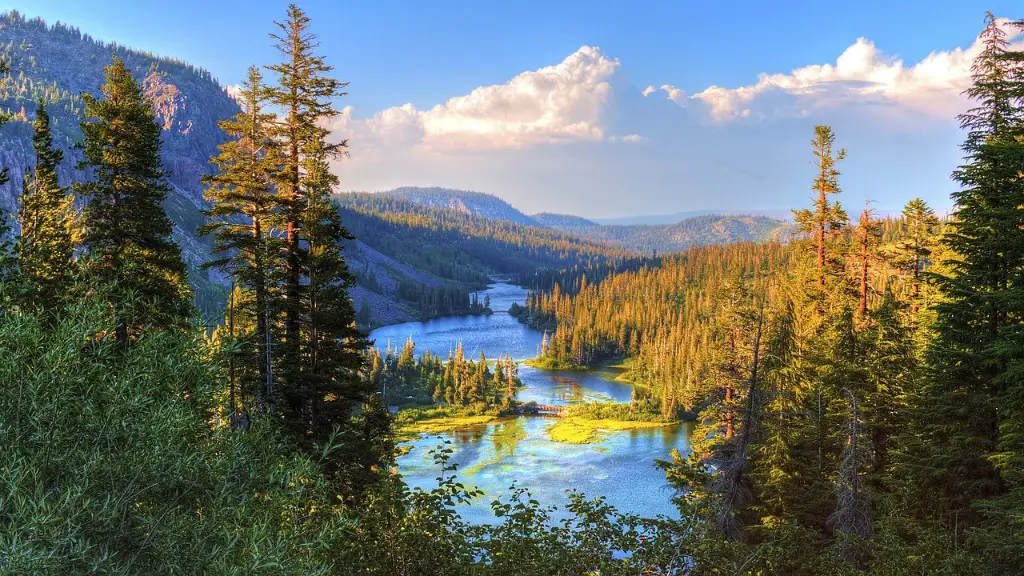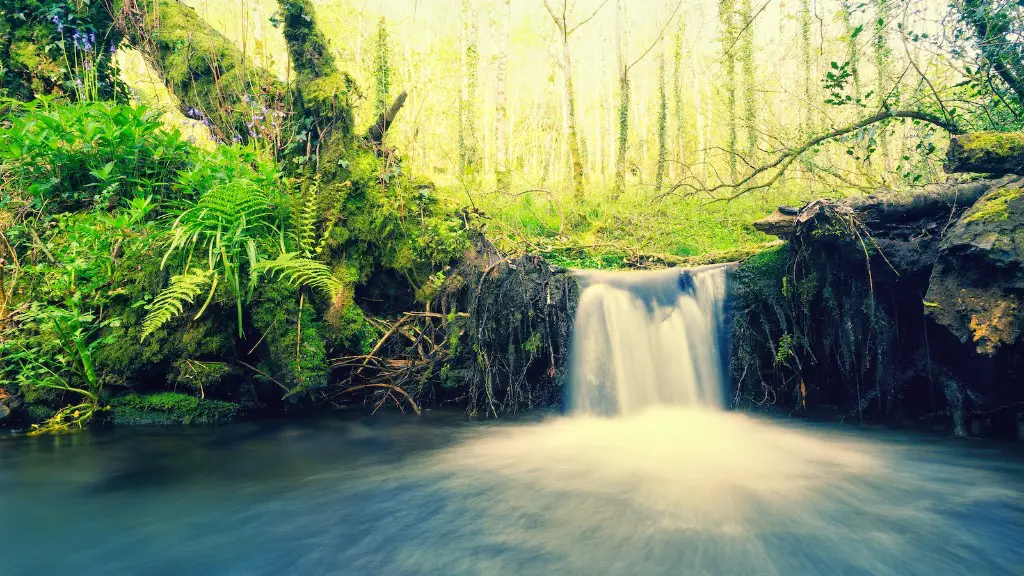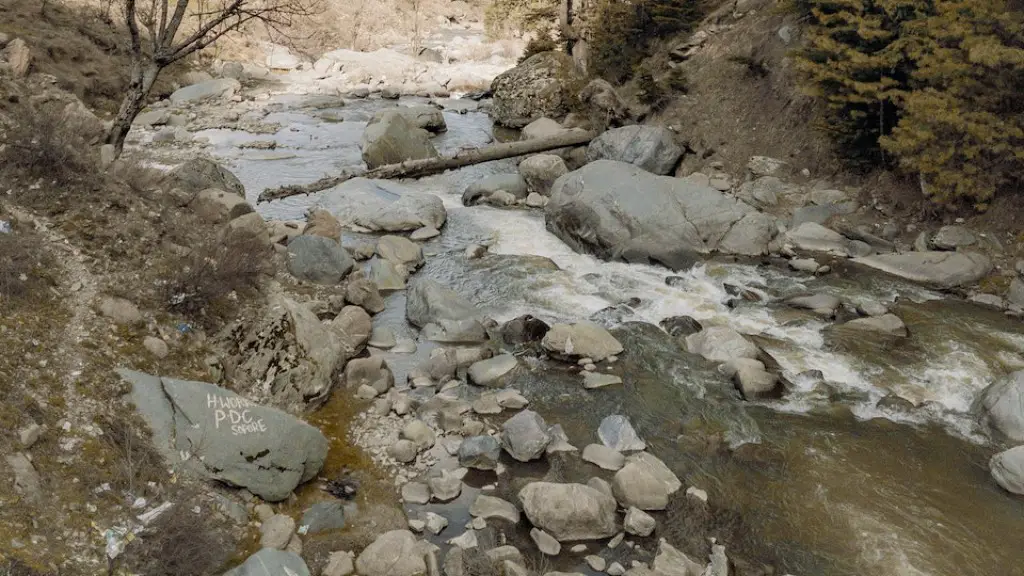The Nile River in Ancient Egypt
The Nile River has a long history of being a major source of life, prosperity, and sustenance to Ancient Egypt in the past, just like it is today in the present. With a length of more than 4,000 miles, the Nile is the longest river in the world. Ancient Egypt had so much to be thankful for with the River Nile, as its waters made life possible in the otherwise desert terrain. It was said to be a gift from the gods, and worshipped as such.
The people of Egypt had many uses for the River Nile, such as providing a source of fresh water, as well as for irrigation for their crops; which were on the banks of the river. In addition, fishing was a major industry for the Egyptians, and the river provided a major source of food. The nutrient-rich silt from the river was another plus, as it nourished the soil, allowing for a variety of crops to be grown. Transport was also made possible due to the river, as items could be easily moved from one region to another.
The River Nile gave the people of Egypt one of their most important resources: security. As the desert surrounding Egypt was largely unpopulated, the river acted as a natural wall that protected against invaders. This provided the people with a feeling of security and peace of mind, as there was little to no threat of outside attackers.
The Nile River was also an important resource culturally and spiritually. As it was seen as a gift from the gods, the river was highly respected and honored as such. The Ancient Egyptians built numerous temples honoring the gods and goddesses living in the river. They also celebrated an annual event known as the Festival of the Inundation to honor the power of the river and its gifts.
The Nile River was a vital part of everyday life in Ancient Egypt. It provided the people with resources and security, as well as a spiritual connection to the gods. It was truly their lifeline and still is to this day.
The Role of the Pharaoh
The role of the Pharaoh was one of utmost importance in Ancient Egypt’s relationship with the Nile River. Pharaohs were seen as representatives of the gods, and they held divine perceived power. Their actions were seen to directly effect the power of the River Nile, as they were seen to have the power to invoke and control its mysterious forces. Pharaohs were seen to have the power to influence the flooding of the river and its seasonal cycles, which was essential to the Egyptians relying on the river for sustenance.
The Pharaohs role in the spiritual connection between Ancient Egypt and the Nile River was also of great importance. The Pharaoh was seen as a bridge between the mundane and the divine, and was often seen as both a god and a human. Pharaohs were believed to oversee and protect the people from harm, as well as having a spiritual and divine role with many rituals and festivals.
The role of the Pharaoh in Ancient Egypt’s relationship with the Nile River was largely positive, as it brought security, a sense of comfort, and spiritual practices that still remain today. Their actions along with the river allowed the Ancient Egyptians to better understand the divine and live in harmony with it.
The Legacy of the Nile
The legacy of the Nile River in Ancient Egypt is still remembered and celebrated today. The gods and goddesses who once lived and were worshipped in the river have all but been forgotten in our modern world, but their memory and legacy still remain. The river was seen as a gift from the gods, and the people of Ancient Egypt were thankful for its presence and the life it brought them.
The cultural impact of the Nile River is still strong today. The spirituality behind the river is both sacred and respected, as it was seen as a bridge between the mortal world and the gods. The river itself is still worshipped today, with offerings, ceremonies, and festivals celebrating its gifts.
The River Nile has been a source of life, comfort, and security to the Ancient Egyptians in the past, and is still so today. It is rightly celebrated as a divine gift from the gods, and its legacy lives on through its present and future.
The Impact on Agriculture
The River Nile was essential to the Ancient Egyptians, especially when it came to agriculture. With its nutrient-rich silt, it allowed for the growth of many types of crops, from grain to dates and other fruits. The Nile also allowed for irrigation of the crops, as the river’s waters were used to water and nurture the crops on the banks of the river.
The Ancient Egyptians developed an organized system of farming and irrigation, with the help of the river. They devised methods of control and management of the river’s waters which allowed them to maximize their use of the river and its waters. The farming system, combined with the River Nile’s waters, allowed Ancient Egypt to become a major producer of food and other goods.
The agricultural system was reliant on the changes in the river’s waters in the yearly cycles. The Ancient Egyptians had to plan accordingly in order to make full use of the water available, and their agricultural success depended heavily on this.
The influence of the Nile River on the agricultural system of Ancient Egypt was clear. Without its waters, the growth of crops and the development of an agricultural system would not have been possible in the Egyptian terrain. It is a testament to the ingenuity of the Ancient Egyptians that they were able to develop such an efficient and organized system around the river’s resources.
The Landscape of the Nile
The Nile River was an ever-changing force in Ancient Egypt, from its yearly cycles of flooding and receding, to its winds and waters that changed the landscape of the region. The river created lush river valleys, with nutrient-rich soils. The soil was then also enriched by the regular flooding of the river, which created a new layer of soil.
The river also created a landscape that allowed for the growth of a variety of plants, trees, and animals. The River Nile and its lands were a source of life, sustenance, and security for the Ancient Egyptians. The river gave an otherwise barren desert land the ability to be fruitful and sustainable.
The River Nile also allowed for new settlements to form and develop. These settlements would grow in the fertile lands provided by the river and its flooding. The river also provided trade routes along its banks, which allowed for the transport and exchange of goods, crops, and services.
The landscape and settlements of the River Nile changed and evolved over time due to its ever-changing nature. It provided the Ancient Egyptians with sustenance, security, and a wide variety of resources. The River Nile was truly their lifeline and life force.
The Social Implications of the Nile
The river was a uniting force in Ancient Egypt, bridging together the different parts of the country and its people. It gave Ancient Egyptians a sense of unity and common identity, as a majority of the population was living near the banks of the river and relying on it for essential needs.
The river also had a major impact on social and economic structure. The closer proximity to the waters of the Nile allowed for greater access to resources such as fresh water and food. This created a natural social divide between those living near the river and those who were not.
The River Nile allowed for the growth of cities and towns along its banks, as well as for trade and transportation of goods. This further solidified the role of the River Nile in connecting the different regions and cities of Ancient Egypt.
The River Nile was an integral part of the social structure, culture and economy of Ancient Egypt. Its influence was far-reaching, and still felt today in modern Egypt. It is rightly celebrated as the unifying force it was for the Ancient Egyptians.
